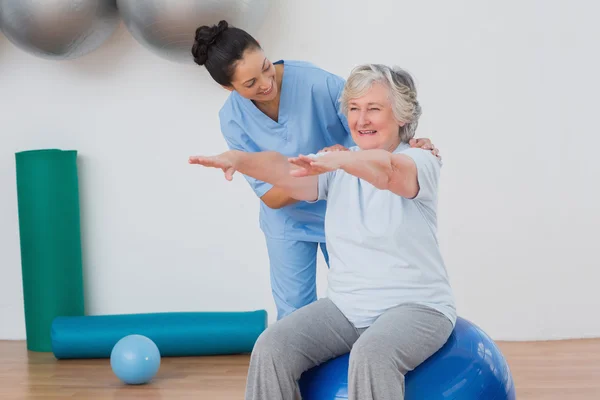Medical assistants play a crucial role in today’s healthcare system. They are the bridge between patients and providers, helping ensure smooth clinical operations and quality patient care. To thrive in this fast-paced environment, a medical assistant must possess a well-rounded skill set that combines clinical knowledge, technical abilities, and compassionate care.
Here are the most important skills every medical assistant should have in a clinical setting:
1. Taking and Recording Vital Signs
One of the most basic yet essential tasks is accurately measuring and recording vital signs—blood pressure, temperature, pulse, and respiration. This information provides a snapshot of a patient’s current health and is often the first step in a medical evaluation.
2. Administering Injections and Medications
Medical assistants often administer vaccines, medications, or vitamin injections under the supervision of a physician. Proper technique, safety protocols, and patient comfort are all critical in this process.
3. Phlebotomy and Specimen Collection
Drawing blood and collecting urine or swab samples for lab testing is a common responsibility. This requires knowledge of proper technique, cleanliness, and patient reassurance to ensure accurate results and a positive experience.
4. Performing Clinical Tests
Medical assistants may assist with rapid tests such as COVID-19, flu, or strep throat screenings. Being able to correctly perform and document these tests is essential for quick diagnoses and treatment plans.
5. Using Electronic Medical Records (EMR) Systems
Today’s medical offices rely heavily on digital systems. Familiarity with EMR platforms like Practice Fusion or Epic is vital for recording patient information, scheduling, and ordering lab work.
6. Understanding Medical Terminology
Clear understanding of medical terms, abbreviations, and procedures helps assistants communicate effectively with healthcare providers and ensure accurate documentation and patient care.
7. Infection Control and Safety Procedures
Following clinical safety guidelines—like proper hand hygiene, sterilization techniques, and the use of personal protective equipment (PPE)—is necessary to protect both patients and staff.
8. Patient Interaction and Compassionate Care
Beyond clinical tasks, one of the most valuable skills is the ability to treat patients with kindness, respect, and empathy. Good communication skills and cultural sensitivity help patients feel heard and supported.
9. Multitasking and Time Management
A typical day can involve a variety of tasks, often happening at the same time. The ability to stay organized and manage time well is essential to keep the clinic running efficiently.
10. Teamwork and Professionalism
Medical assistants work closely with doctors, nurses, and other staff. Being a team player, showing professionalism, and being open to learning new things are all keys to success.
Final Thoughts
The role of a medical assistant is both rewarding and demanding. Mastering these clinical skills not only ensures better care for patients but also supports a productive, efficient healthcare environment. Whether you’re just starting your journey or looking to sharpen your abilities, focusing on these key areas will help you succeed and grow in your medical career.
Link to see our blog: https://clinicafamiliaramistad.com/blog/
Visit our Facebook: https://www.facebook.com/clinicafamiliaramistad
Visit our Instagram: https://www.instagram.com/clinicafamiliaramistad/
Visit our TikTok:
Visit us!
https://maps.app.goo.gl/3T9EBP5GJJQPzSHVA
Clinica Familiar Amistad
2944 Motley Dr #101, Mesquite, TX 75150



